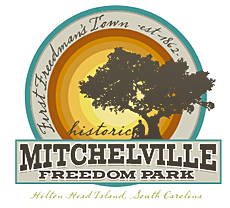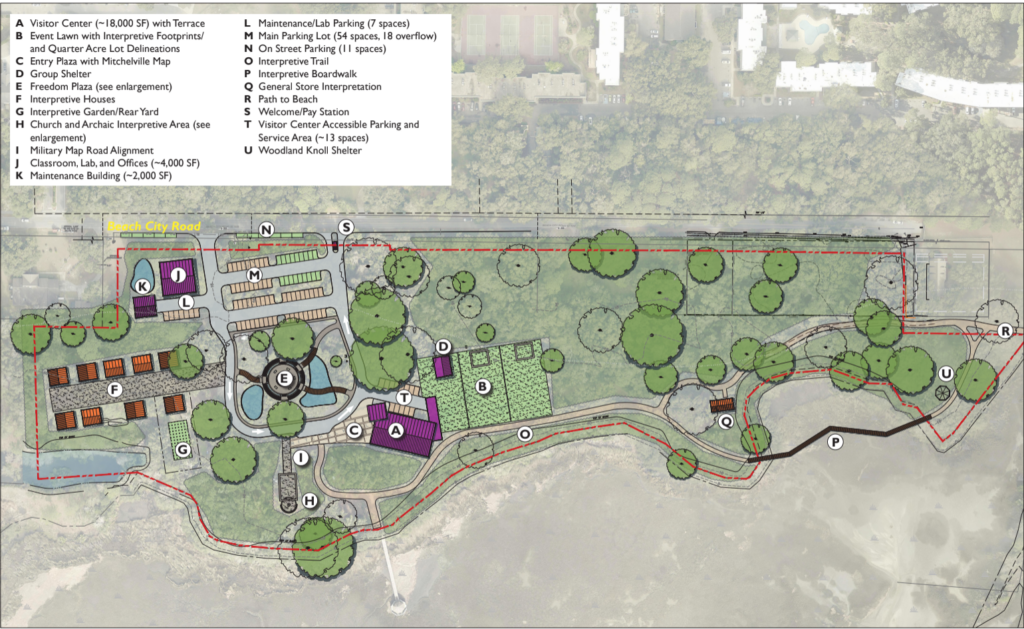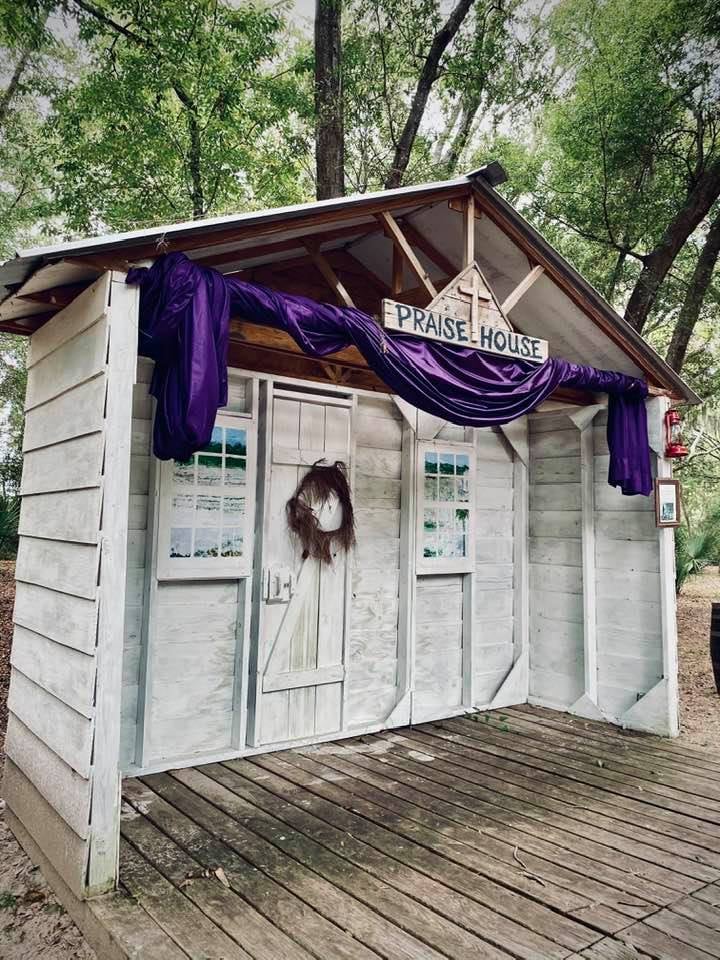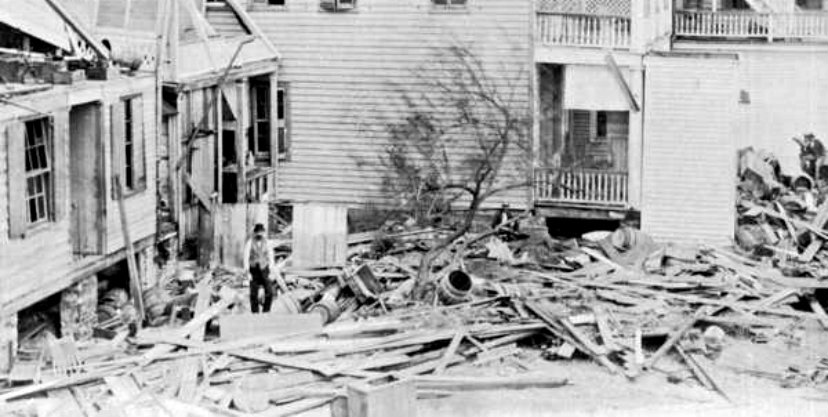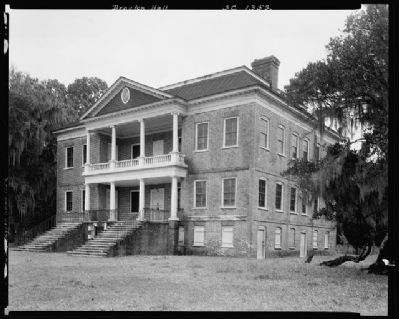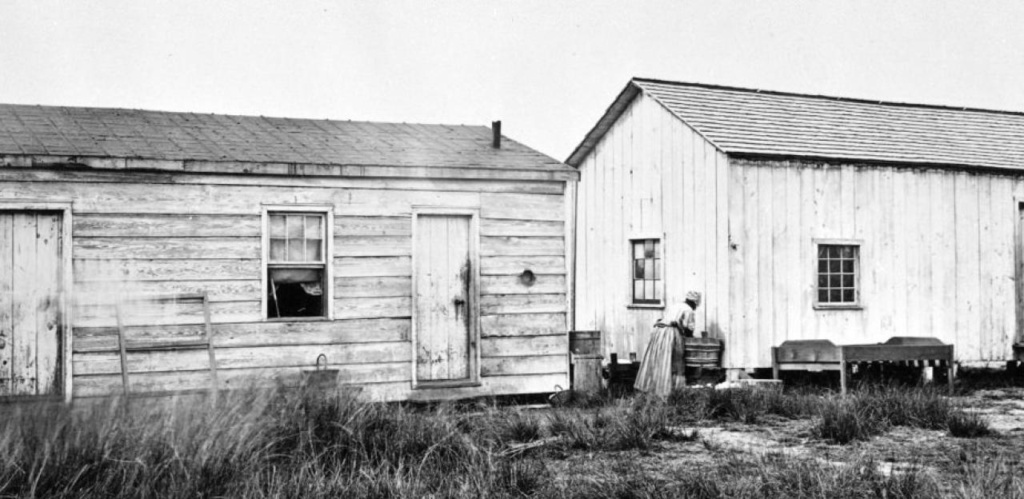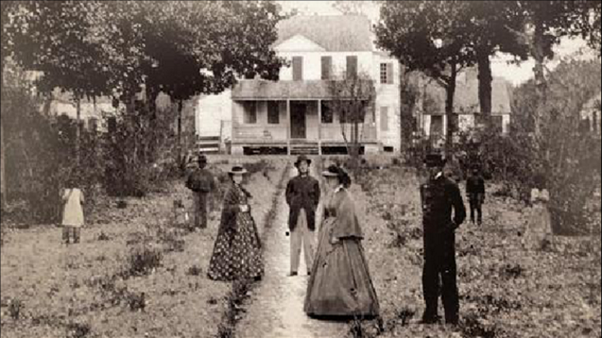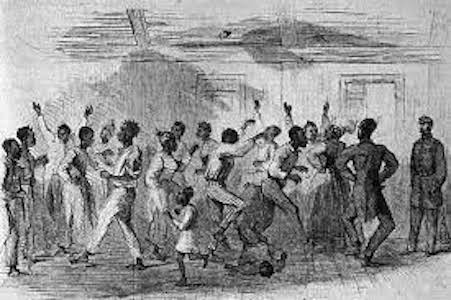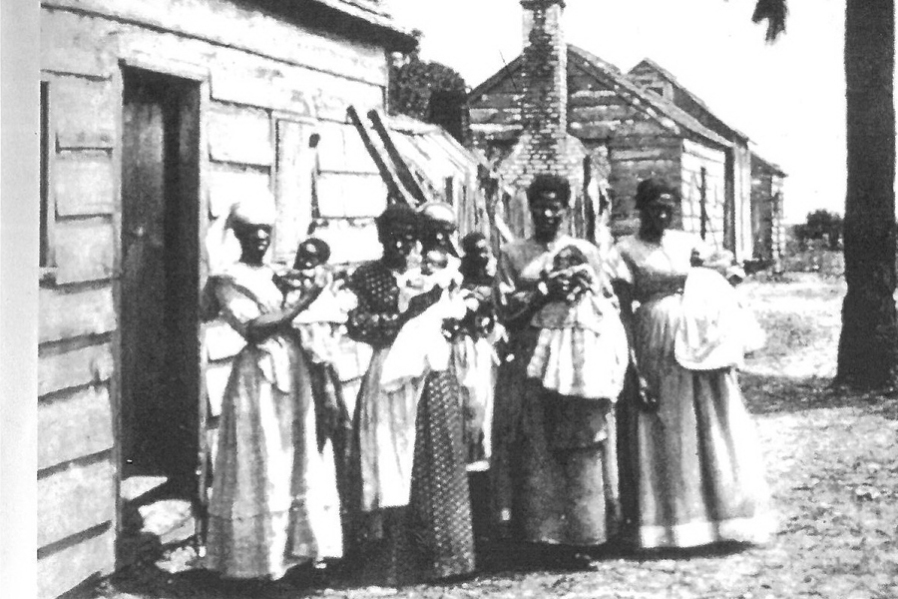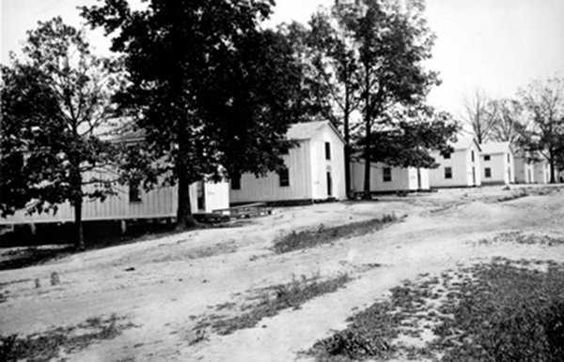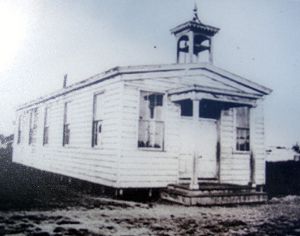Video
Gallery
Audio
Progress Bar
Audioguide
80%
Photography
76%
Restaurant and Cafe
92%
Counters
0Oil Paintings0Knight Armour0Royal Jewels0Faberge Egg0Folk Costume
0Oil Paintings0Knight Armour0Royal Jewels0Faberge Egg
Faq
Aenean massa. Cum sociis natoque penatibus et magnis dis parturient montes, nascetur ridiculus mus. Donec quam felis Cum sociis natoque penatibus et magnis dis parturient.
How much is admission to the Museum?
Aenean massa. Cum sociis natoque penatibus et magnis dis parturient montes, nascetur ridiculus mus. Donec quam felis Cum sociis natoque penatibus et magnis dis parturient.
Can anyone bypass the Admissions line?
Aenean massa. Cum sociis natoque penatibus et magnis dis parturient montes, nascetur ridiculus mus. Donec quam felis Cum sociis natoque penatibus et magnis dis parturient.
Do I have to pay the full price for admission?
Aenean massa. Cum sociis natoque penatibus et magnis dis parturient montes, nascetur ridiculus mus. Donec quam felis Cum sociis natoque penatibus et magnis dis parturient.
Is there a time when admission reduced?
Aenean massa. Cum sociis natoque penatibus et magnis dis parturient montes, nascetur ridiculus mus. Donec quam felis Cum sociis natoque penatibus et magnis dis parturient.
Aenean massa. Cum sociis natoque penatibus et magnis dis parturient montes, nascetur ridiculus mus. Donec quam felis Cum sociis natoque penatibus et magnis dis parturient.
Map
The Story of Mitchelville
Sorry,You have not added any story yet
The Story of Mitchelville
With no other site serving as such a template or illuminating the authentic story of the place where freedom began for America’s Black citizens, Historic Mitchelville is uniquely positioned to broaden the awareness and recognition of its rich story. Actions to do so began more than three years ago under the leadership of HMFP’s Board of Directors, setting sights on an activated Park to more broadly attract and inspire visitors, and to instill a deeper…
Read More
Much of the land for Mitchelville was purchased by March Gardner and managed by his son, Gabriel. Due to lawsuits and a series of land purchases, the land that was once Mitchelville was sold to the Hilton Head Company in 1950. Mitchelville was placed on the National Register of Historic Places in 1988 (as the Fish Haul Archaeological Site), making the site important to preserving and understanding the nation’s difficulties during Reconstruction. In 2005, a…
Read More
On the night of August 27, 1893, a major hurricane, the largest and most powerful to hit South Carolina until that time, made landfall just east of Savannah, GA, with maximum sustained winds of 120mph and a storm surge as high as 12 ft. Hilton Head Island and Mitchelville bore the brunt of the storm; it is estimated that approximately 2,000 people died, mostly due to the storm surge. Although the hurricane was devastating, the…
Read More
The Drayton Plantation (on which Mitchelville was located) was returned to the heirs of its former owner in April 1875, with the federal government deed failing to provide any protection for Mitchelville. The Drayton heirs, however, were not interested in planting the lands and began to sell it off to anyone interested in making purchases - including many freedmen. It was during the last quarter of the nineteenth century that most, if not all, of…
Read More
With the end of the Civil War, the Union Army began to leave the island, which led to scores of freedmen leaving too, either following the Army for jobs, moving on to reclaimed plantations for wage jobs, or moving further inland. At the same time, the schools began to close, the barracks emptied, and the missionaries, once a sign of forward progression, left also. For the first time in six years, the freedmen who remained…
Read More
Following Lincoln’s assassination, President Andrew Johnson repealed a special order which distributed abandoned land to the formerly enslaved. This caused a great upheaval in areas surrounding Hilton Head, as planters came back to reclaim their property and labor contracts were now necessary for freedmen to continue farming on the once-abandoned property. This was not the case on Hilton Head Island, as the US government retained ownership of the land there until it was certain war…
Read More
On April 9, 1865, the Civil War ended with the surrender of the Confederate army at Appomattox Courthouse, Virginia and almost immediately, celebrations all over Hilton Head erupted. By this point, Mitchelville’s prominence as the first black freedman’s town afforded visitors from dignitaries far and wide, including Harriet Tubman (who freed hundreds of slaves in South Carolina, many of whom became Mitchelville residents); the celebrations brought an influx of more visitors to the area, including…
Read More
As the first self-governed town for the formerly enslaved, Mitchelville, named posthumously after its founder, General Ormsby Mitchel, was a fully functioning town with a mayor, councilmen, a treasurer and other officers, who all oversaw every aspect of Mitchelville, from town disputes to sanitary regulations. The town of Mitchelville also established the first compulsory education law in South Carolina, requiring education for every child from the ages of 6-15 years of age. At its height,…
Read More
Union Army Major General Ormsby Mitchel arrived in HHI to replace General Hunter (who went on leave) and assumed command. Once he saw the living conditions of the formerly enslaved "contraband" in the refugee barracks, he directed a new “negro village” near Drayton Plantation to be built by and for the freedman/refugees, complete with homes, police protection, and a school – this effort became known as the Port Royal Experiment and was largely regarded as…
Read More
First African Baptist Church was founded with 120 members and led by Rev. Abraham Murchison (a freed, literate, formerly enslaved person from Savannah, Georgia), who was the eventual magistrate, then mayor of Mitchelville. The church was structured with two rows of benches, a pulpit, and a ceiling with glass lamps. Men sat on one side, women on the other. Each Sunday, congregants would gather in their “Sunday Best”, full of beautiful color, turbans for soulful…
Read More
The Story of Mitchelville
With no other site serving as such a template or illuminating the authentic story of the place where freedom began for America’s Black citizens, Historic Mitchelville is uniquely positioned to broaden the awareness and recognition of its rich story. Actions to do so began more than three years ago under the leadership of HMFP’s Board of Directors, setting sights on an activated Park to more broadly attract and inspire visitors, and to instill a deeper…
Read More
Much of the land for Mitchelville was purchased by March Gardner and managed by his son, Gabriel. Due to lawsuits and a series of land purchases, the land that was once Mitchelville was sold to the Hilton Head Company in 1950. Mitchelville was placed on the National Register of Historic Places in 1988 (as the Fish Haul Archaeological Site), making the site important to preserving and understanding the nation’s difficulties during Reconstruction. In 2005, a…
Read More
On the night of August 27, 1893, a major hurricane, the largest and most powerful to hit South Carolina until that time, made landfall just east of Savannah, GA, with maximum sustained winds of 120mph and a storm surge as high as 12 ft. Hilton Head Island and Mitchelville bore the brunt of the storm; it is estimated that approximately 2,000 people died, mostly due to the storm surge. Although the hurricane was devastating, the…
Read More
The Drayton Plantation (on which Mitchelville was located) was returned to the heirs of its former owner in April 1875, with the federal government deed failing to provide any protection for Mitchelville. The Drayton heirs, however, were not interested in planting the lands and began to sell it off to anyone interested in making purchases - including many freedmen. It was during the last quarter of the nineteenth century that most, if not all, of…
Read More
With the end of the Civil War, the Union Army began to leave the island, which led to scores of freedmen leaving too, either following the Army for jobs, moving on to reclaimed plantations for wage jobs, or moving further inland. At the same time, the schools began to close, the barracks emptied, and the missionaries, once a sign of forward progression, left also. For the first time in six years, the freedmen who remained…
Read More
Following Lincoln’s assassination, President Andrew Johnson repealed a special order which distributed abandoned land to the formerly enslaved. This caused a great upheaval in areas surrounding Hilton Head, as planters came back to reclaim their property and labor contracts were now necessary for freedmen to continue farming on the once-abandoned property. This was not the case on Hilton Head Island, as the US government retained ownership of the land there until it was certain war…
Read More
On April 9, 1865, the Civil War ended with the surrender of the Confederate army at Appomattox Courthouse, Virginia and almost immediately, celebrations all over Hilton Head erupted. By this point, Mitchelville’s prominence as the first black freedman’s town afforded visitors from dignitaries far and wide, including Harriet Tubman (who freed hundreds of slaves in South Carolina, many of whom became Mitchelville residents); the celebrations brought an influx of more visitors to the area, including…
Read More
As the first self-governed town for the formerly enslaved, Mitchelville, named posthumously after its founder, General Ormsby Mitchel, was a fully functioning town with a mayor, councilmen, a treasurer and other officers, who all oversaw every aspect of Mitchelville, from town disputes to sanitary regulations. The town of Mitchelville also established the first compulsory education law in South Carolina, requiring education for every child from the ages of 6-15 years of age. At its height,…
Read More
Union Army Major General Ormsby Mitchel arrived in HHI to replace General Hunter (who went on leave) and assumed command. Once he saw the living conditions of the formerly enslaved "contraband" in the refugee barracks, he directed a new “negro village” near Drayton Plantation to be built by and for the freedman/refugees, complete with homes, police protection, and a school – this effort became known as the Port Royal Experiment and was largely regarded as…
Read More
First African Baptist Church was founded with 120 members and led by Rev. Abraham Murchison (a freed, literate, formerly enslaved person from Savannah, Georgia), who was the eventual magistrate, then mayor of Mitchelville. The church was structured with two rows of benches, a pulpit, and a ceiling with glass lamps. Men sat on one side, women on the other. Each Sunday, congregants would gather in their “Sunday Best”, full of beautiful color, turbans for soulful…
Read More
The Story of Mitchelville
With no other site serving as such a template or illuminating the authentic story of the place where freedom began for America’s Black citizens, Historic Mitchelville is uniquely positioned to broaden the awareness and recognition of its rich story. Actions to do so began more than three years ago under the leadership of HMFP’s Board of Directors, setting sights on an activated Park to more broadly attract and inspire visitors, and to instill a deeper…
Read More
Much of the land for Mitchelville was purchased by March Gardner and managed by his son, Gabriel. Due to lawsuits and a series of land purchases, the land that was once Mitchelville was sold to the Hilton Head Company in 1950. Mitchelville was placed on the National Register of Historic Places in 1988 (as the Fish Haul Archaeological Site), making the site important to preserving and understanding the nation’s difficulties during Reconstruction. In 2005, a…
Read More
On the night of August 27, 1893, a major hurricane, the largest and most powerful to hit South Carolina until that time, made landfall just east of Savannah, GA, with maximum sustained winds of 120mph and a storm surge as high as 12 ft. Hilton Head Island and Mitchelville bore the brunt of the storm; it is estimated that approximately 2,000 people died, mostly due to the storm surge. Although the hurricane was devastating, the…
Read More
The Drayton Plantation (on which Mitchelville was located) was returned to the heirs of its former owner in April 1875, with the federal government deed failing to provide any protection for Mitchelville. The Drayton heirs, however, were not interested in planting the lands and began to sell it off to anyone interested in making purchases - including many freedmen. It was during the last quarter of the nineteenth century that most, if not all, of…
Read More
With the end of the Civil War, the Union Army began to leave the island, which led to scores of freedmen leaving too, either following the Army for jobs, moving on to reclaimed plantations for wage jobs, or moving further inland. At the same time, the schools began to close, the barracks emptied, and the missionaries, once a sign of forward progression, left also. For the first time in six years, the freedmen who remained…
Read More
Following Lincoln’s assassination, President Andrew Johnson repealed a special order which distributed abandoned land to the formerly enslaved. This caused a great upheaval in areas surrounding Hilton Head, as planters came back to reclaim their property and labor contracts were now necessary for freedmen to continue farming on the once-abandoned property. This was not the case on Hilton Head Island, as the US government retained ownership of the land there until it was certain war…
Read More
On April 9, 1865, the Civil War ended with the surrender of the Confederate army at Appomattox Courthouse, Virginia and almost immediately, celebrations all over Hilton Head erupted. By this point, Mitchelville’s prominence as the first black freedman’s town afforded visitors from dignitaries far and wide, including Harriet Tubman (who freed hundreds of slaves in South Carolina, many of whom became Mitchelville residents); the celebrations brought an influx of more visitors to the area, including…
Read More
As the first self-governed town for the formerly enslaved, Mitchelville, named posthumously after its founder, General Ormsby Mitchel, was a fully functioning town with a mayor, councilmen, a treasurer and other officers, who all oversaw every aspect of Mitchelville, from town disputes to sanitary regulations. The town of Mitchelville also established the first compulsory education law in South Carolina, requiring education for every child from the ages of 6-15 years of age. At its height,…
Read More
Union Army Major General Ormsby Mitchel arrived in HHI to replace General Hunter (who went on leave) and assumed command. Once he saw the living conditions of the formerly enslaved "contraband" in the refugee barracks, he directed a new “negro village” near Drayton Plantation to be built by and for the freedman/refugees, complete with homes, police protection, and a school – this effort became known as the Port Royal Experiment and was largely regarded as…
Read More
First African Baptist Church was founded with 120 members and led by Rev. Abraham Murchison (a freed, literate, formerly enslaved person from Savannah, Georgia), who was the eventual magistrate, then mayor of Mitchelville. The church was structured with two rows of benches, a pulpit, and a ceiling with glass lamps. Men sat on one side, women on the other. Each Sunday, congregants would gather in their “Sunday Best”, full of beautiful color, turbans for soulful…
Read More

